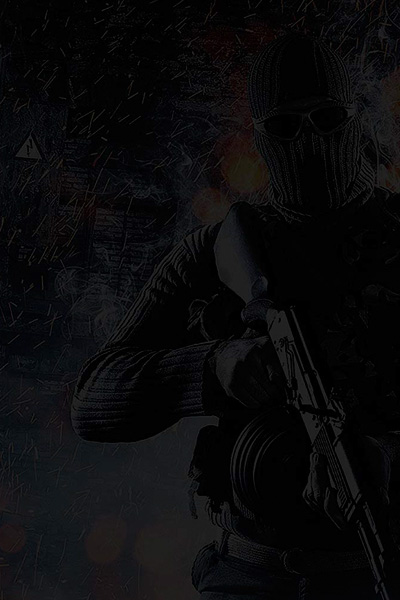Whether you’re planning to become a police officer or are already in the field, law enforcement certifications are essential. They show employers that you have a well-rounded education and can meet the basic requirements for your position.
A degree in forensic psychology can help you tackle the psychological challenges of your job, such as dealing with domestic violence or other stressful incidents for you and others. It also teaches you how to solve crimes and investigate the evidence.
Basic Training
Basic training is the first step in becoming a law enforcement officer. It includes academic, physical, and hands-on instruction.
The academic portion of your basic training will teach you everything from military justice to customs and ethics. You’ll also learn how to handle weapons and helm commands and participate in various team-building exercises.
This week you’ll also get oriented and receive uniforms and haircuts (females may pin their hair up within regulation standards). You’ll fill out entry forms and meet your commanders and chaplains.
Your basic training includes a rigorous curriculum that covers topics such as ethics and professionalism, cultural diversity, bias-related incidents, professional communication, persons with disabilities, crisis intervention, use of physical force and deadly force, active shooter response, and decision-making. In addition, you’ll participate in various Reality Based Training Scenarios designed to prepare you for the challenges you’ll encounter on the job. This rigorous training will help you develop the skills and confidence needed to succeed in a career as a law enforcement officer.
Field Training
Law enforcement certifications require field training for new officers. This training is a minimum 12-week program, beginning after academy graduation, where officers train and receive daily evaluations in standardized patrol functions.
This training includes a mandatory battery of physical fitness components, including the vertical jump, push-ups, sit-ups, 300-meter run, and 1.5-mile run. It also includes certified staff instruction in physical education and fitness, along with access to state-of-the-art equipment.
In addition, students receive firearms instruction from veteran firearms instructors. Subjects include handgun safety and maintenance, shooting fundamentals, malfunctions, and shotgun.
In New York, persons appointed as law enforcement officers on or after July 6, 1972, are mandated to complete basic training within one year of their anniversary date of employment. Failure to do so results in loss of arrest powers.
Post-Training
Whether you are new to law enforcement or an experienced officer looking to enhance your skill set, law enforcement certifications can provide valuable insight and help you gain credibility in your position. Often, the best way to achieve a certain law enforcement certification is through a specific education program.
For example, the Minnesota Peace Officer Standards and Training (MN POST) program is a comprehensive education system for gaining the academic principles needed to obtain the state’s law enforcement license. The program meets Minnesota State’s requirements for obtaining a law enforcement certificate and can be completed online.
The Regular Basic Course is designed to train new police officers by providing hands-on experience in weapons, role-play scenarios, patrol procedures, emergency vehicle operations, and arrest and control techniques. This course prepares students for entry into a department’s standardized Field Training / Police Training Program.
Recertification
Recertification is a process for police and law enforcement officers to keep their certifications valid. It involves continuing education, in-service training, and other requirements to maintain certifications.
Generally, an officer must be recertified every two years by meeting certain continuing education and in-service requirements. These are designed to address professionalism, ethics, and training standards.
The commission may also revoke or suspend the certification of any officer who fails to meet the law requirements or falsifies documents to satisfy those requirements.
The Kansas Commission on Peace Officers’ Standards and Training has various duties, including approving the basic core training curriculum for all police and law enforcement officers and granting certification to Kansas full and part-time officers who meet those requirements. It also monitors and investigates reports of violations of the Kansas Law Enforcement Training Act. It may publicly or privately censure, reprimand, or place an officer on probation and can also suspend, revoke, or deny the officer’s certification.










Leave a Review